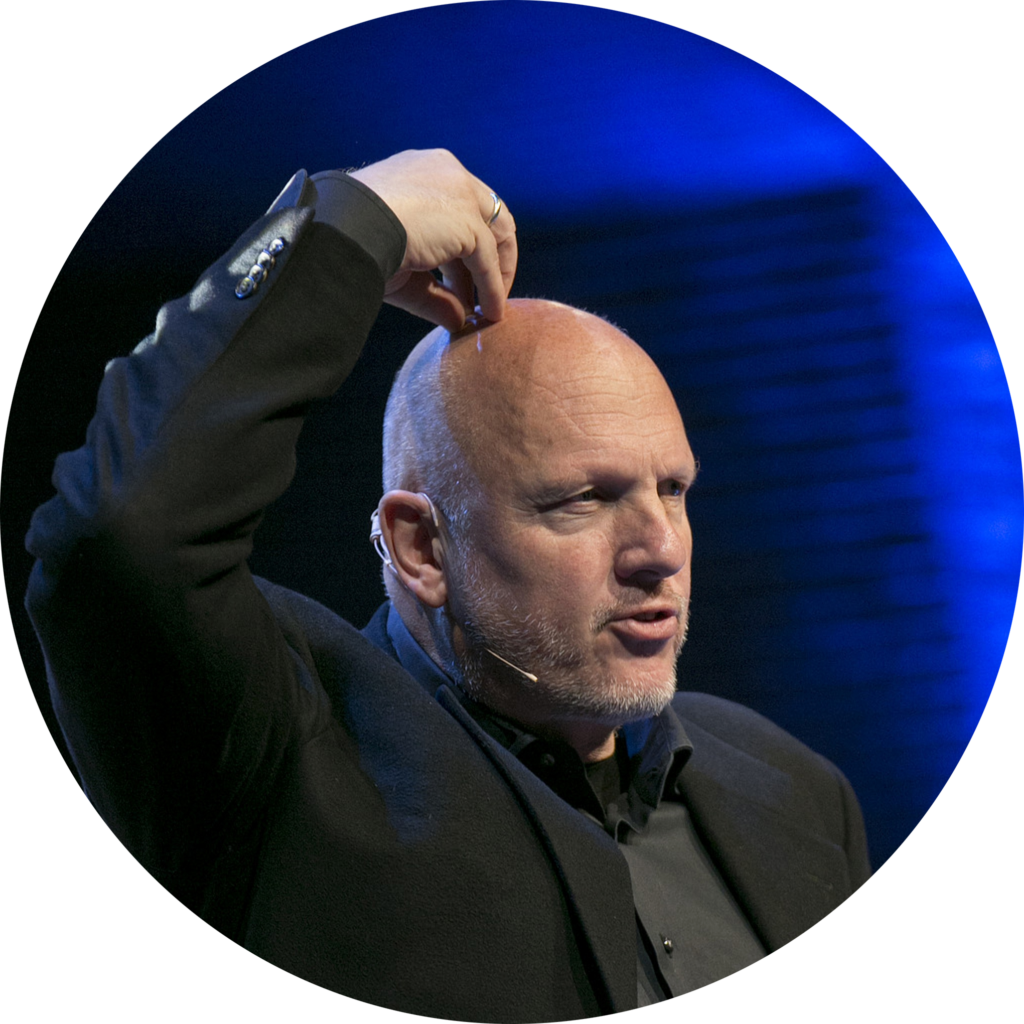The path to ‘protopia’
Do you want to be a good parent, grandparent, and ancestor? Changes are necessary for the preservation of our planet. The planet should come first, instead of the economy and prosperity. That’s the message of Ruud Veltenaar. He will be giving a lecture during the IFFI Executive Council Meeting on January 24th. No worries, he won’t be depressing the attendees. According to Veltenaar, everyone will leave the room bouncing with inspiration.
Veltenaar offers participants a glimpse into the future, and it doesn’t look optimistic. “We are on the eve of a turning point. There are various crises at the moment, but the ecological crisis is the most significant. If we do nothing, nature will force us to change. Nature is already making a comeback.” According to the visionary, people underestimate the urgency of ecological decline, which includes the loss of biodiversity.
“If we continue on the same path, the Paris agreements will no longer be within reach. The average temperate will not rise with 2, but rather with 2.8 degrees. Temperatures at the poles and the equator will rise even more. It has significant consequences for the habitability of our planet, leading to a large influx of climate refugees.”
It doesn’t stop there. Climate change and ecological decline lead to economic problems and a social crisis, resulting in an increase in deaths. “During the peak of the covid outbreak about 18 thousand people died each day. For two years, we worked very hard to control it, spending millions and millions. The number of people dying daily due to climate change is much higher, around 25 thousand. Yet, hardly anyone seems to be aware of the need to do something.”
It’s a discouraging story, and Veltenaar himself isn’t optimistic about the willingness of humans to change. As it stands, people may be forced to change eventually. Nature will simply take over. However, he sees opportunities for change, thereby offering a reassuring thought. We can change, but we must also want to. The first steps begin with oneself, in one’s circle of influence. If you’re a CEO, you can potentially make a more significant impact. What are you doing to leave the planet better than you found it? What changes does that require, in your own environment and within the company? “How can we ensure that we shift from a negative footprint to a positive footprint? You can map out a route for this. Protopia is the goal, the point on the horizon!” Veltenaar talks about ‘desire entanglement’ (verlangenverstrengeling, Ned.): where the company’s interests align with the desire to make a positive contribution to our earth, rather than harming it.
Using inspiring examples from companies and individuals, Veltenaar shows participants how things can be different. How they should be different. A healthy planet with healthy people requires healthy food. “That’s lacking now. In the supermarket, you find all kinds of junk. With obesity figures on the rise, food producers point to the consumer; it’s their responsibility to choose healthy products. But is it really? What if you have no choice because healthy food is more expensive? How to compete with the marketing machine? And how fair is the choice when substances in these unhealthy products are addictive?” Veltenaar explicitly sees a task for the food industry, including the ingredients sector.
Artificial Intelligence, the theme for 2024, will be addressed by Veltenaar. In what ways can AI contribute on one hand and hinder on the other in bringing about change?
Veltenaar looks forward to the 24th. “I get to give a lecture to people who can make a difference, not only in their own environment but also within their company.”

Ruud Veltenaar
